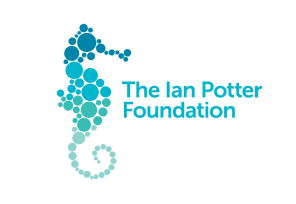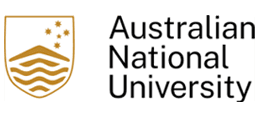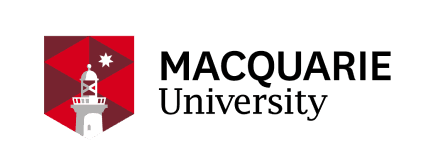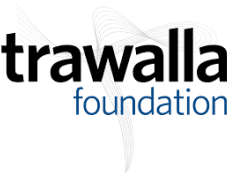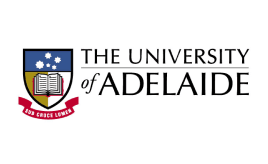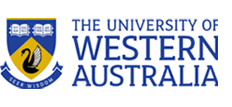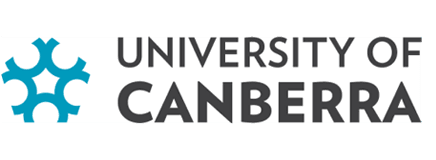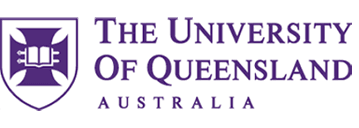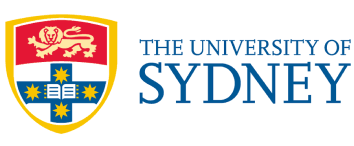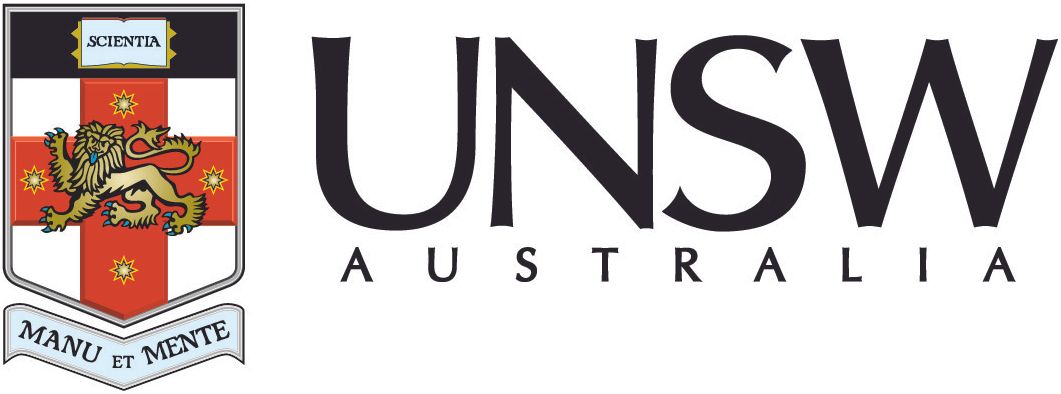Changes to Nature Repair Bill signal positive signs for environmental protection

Western New South Wales. Image: Jaana Dielenberg
Media Release
6 December 2023
The Biodiversity Council has welcomed moves in the Senate overnight to exclude biodiversity offsets from the governments nature repair market and to expand the scope of the ‘water trigger’ under national environmental law.
Biodiversity offsets are mechanisms that are designed to compensate for the damage and destruction done to the environment arising from development. These mechanisms have been found to lead to net biodiversity loss.
“Nature in Australia is experiencing a precipitous decline and we need all the tools to address this crisis,” said Biodiversity Council Executive Director James Trezise.
“There is potential for this framework to leverage new investment in conservation, which is certainly a positive sign.
“In its initial design major concerns were expressed by a number of stakeholders, including ourselves, on the nature repair market’s potential reliance on biodiversity offsets.
“It's pleasing that the government and cross-bench have taken the feedback from scientific and conservation stakeholders on board and removed offsets from the scheme.
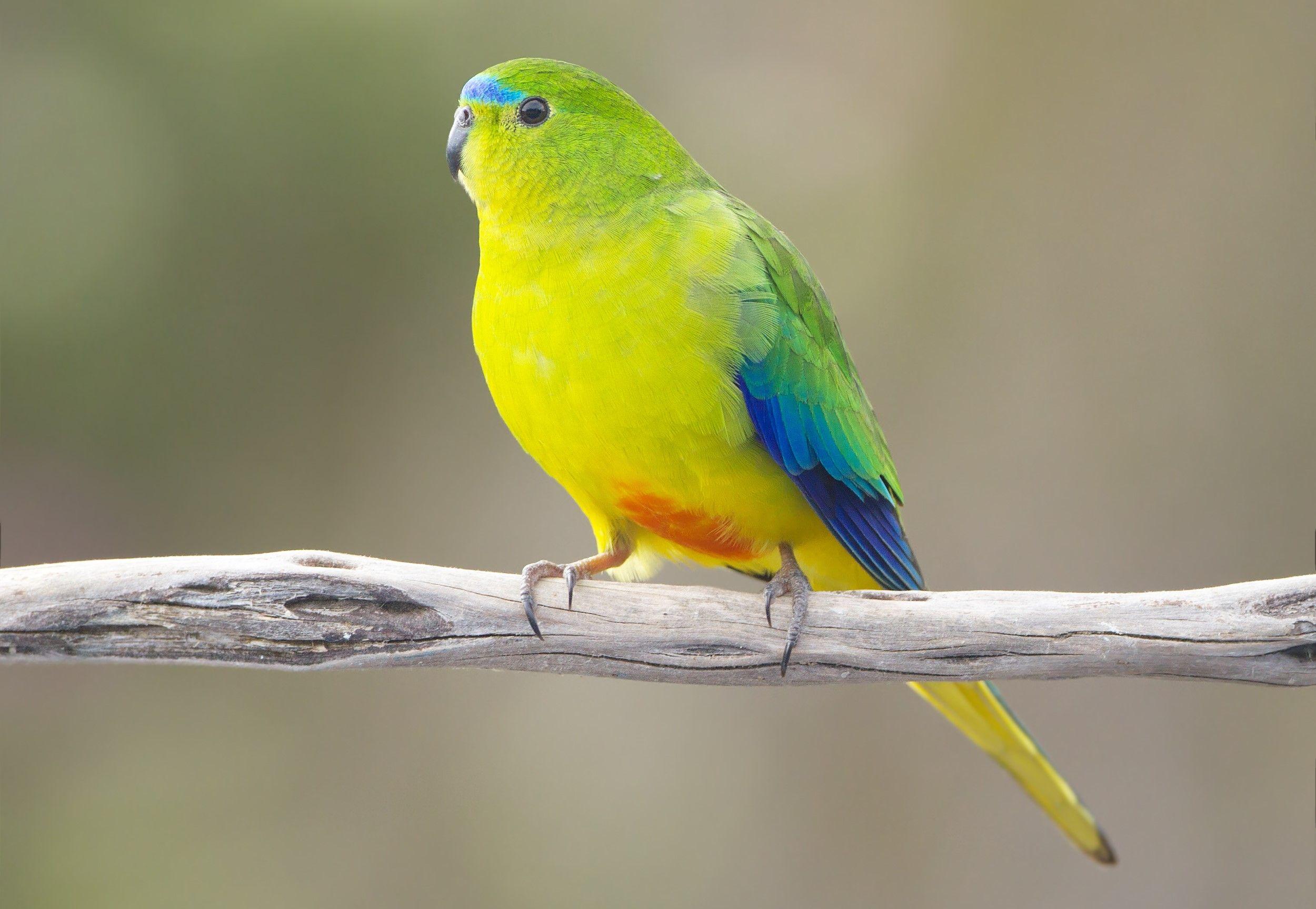
Male orange-bellied parrot. Image: JJ Harrison, CC BY-SA 3.0 via Wikimedia Commons
“Conservation faces a chronic shortfall in funding nationally, and we need to ensure that funding for nature repair isn't contingent on the destruction of nature elsewhere.
“Australia has a woeful reputation when it comes to the implementation of biodiversity offsets, so removing these from the bill is a sensible move.
“Fixing the biodiversity offsets system has to be a major focus of the current national environmental law reform process. We need rigorous safeguards in place to make sure offsets deliver outcomes for impacted threatened species.
“It's critical that offsets are only used as a mechanism of last resort and not viewed as a cash cow to offset gaps in government spending,” said Mr Trezise.
“It’s pleasing to see that the Senate has heard community concerns and acted to disentangle the nature repair market from nature destruction and regulatory approvals,” said Dr Jack Pascoe, co-chief Biodiversity Councillor and Yuin man.
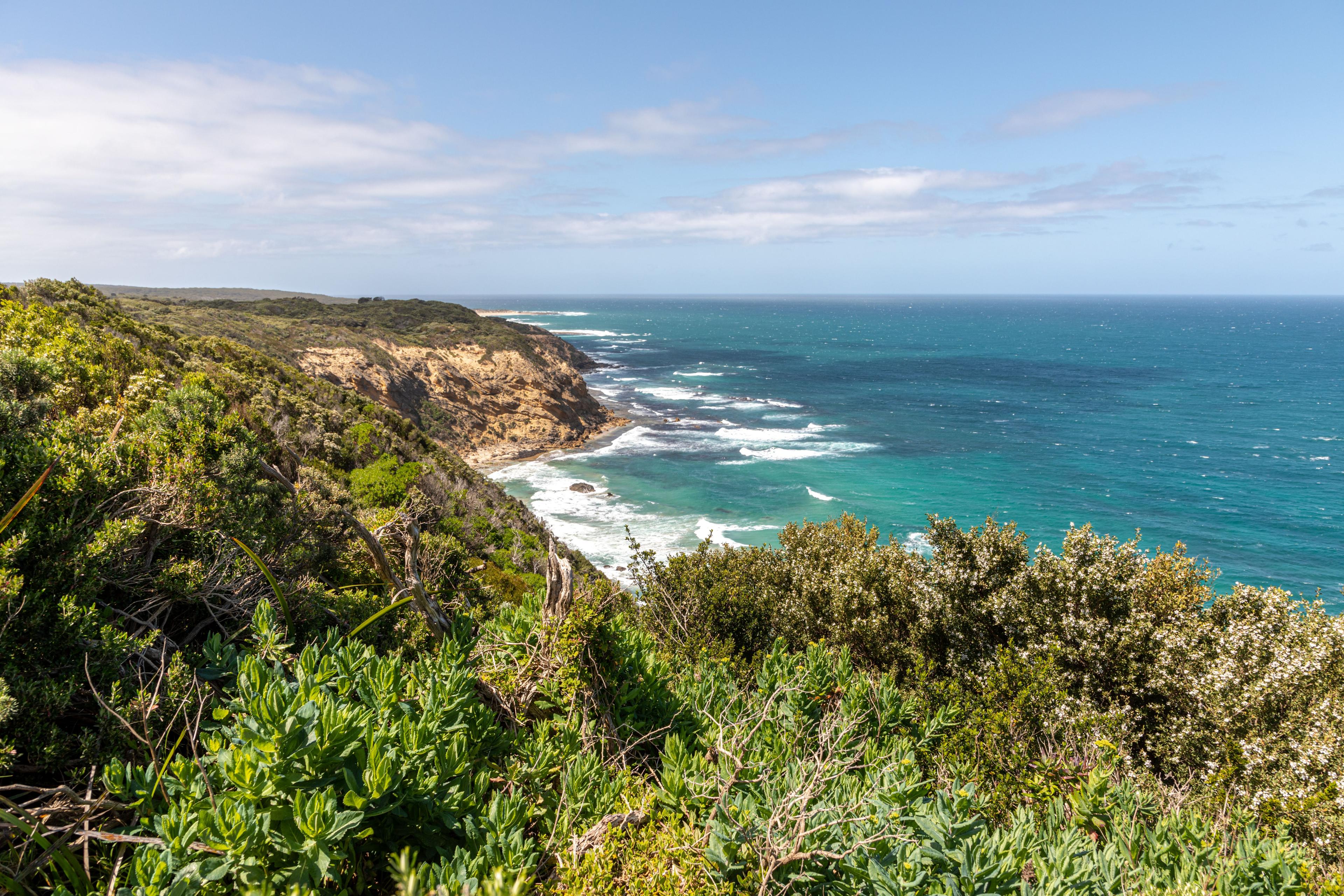
Cape Otway Coastline. Image: Dietmar Rabich CC BY SA 4.0 via Wikimedia Commons
“We look forward to the nature repair scheme being used as a pathway for corporate Australia to realize their commitments for being nature positive and to deliver outcomes for people and Country.
“Government must now ensure that funds are available to kickstart the market, and that these new investments are not simply a redirection of already committed funding for environmental programs.
“We also need to ensure that First Nations organizations and communities have a seat at the table when the methodologies for this scheme are developed.
“It is equally pleasing to see the important reforms to the ‘water trigger', which means that the gas industry will be more effectively regulated for new unconventional gas impacts on water resources.
“With significant gas developments planned across much of northern Australia, it is critical that this expanded trigger is implemented to effectively protect the lifeblood of Country,” said Dr Pascoe.
The Biodiversity Council is an independent expert group founded by 11 Australian universities to promote evidence-based solutions to Australia’s biodiversity crisis.



